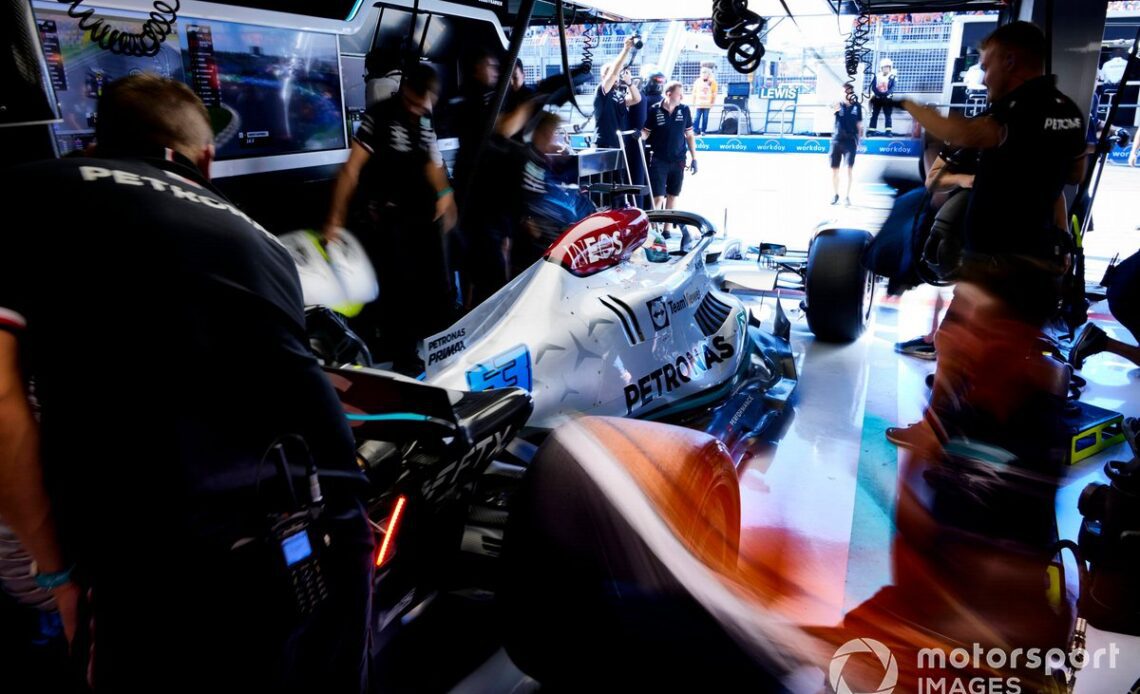Since the first night race back in 2008, F1 folk have grown used to adjusting to the schedule by staying up until dawn and sleeping until the early afternoon in an attempt to stay on European time. Against the backdrop of the inevitable jet lag on arrival, it’s never an easy thing to manage.
The reality is that while good sleep becomes a topic of paddock conversation around the Singapore GP, it makes a crucial contribution to mental and physical fitness at any time. For F1 drivers and team members facing a hectic calendar with more night events and more travel, it’s becoming an increasingly important issue.
That’s why teams are now looking at ways of improving the quality of sleep of drivers and crew members.
“Sleep is the foundation of everything else that we try to do in terms of well-being,” says Mercedes team physician Dr Luke Bennett.
“You can train hard, you can train well, you can eat right, you can do all of those things properly. But if you’re not sleeping well, then you’re not going to get the impact that you need.
“And that goes as much for the race team members as it does for the drivers or any other athlete.”
Formerly a trauma specialist in Australia, Bennett volunteered at grands prix in Melbourne and Korea before joining Hintsa Performance, the organisation whose physios work with many drivers and teams across at the grid.
Over the past decade, he’s played an important, if largely unheralded role in helping Mercedes to achieve so much success.
Mechanics in the garage with George Russell, Mercedes W13
Photo by: Steve Etherington / Motorsport Images
“In our sport, where the technology is such a focus, I think human performance and well-being is genuinely valued by the teams,” says Bennett. “But it can often slip as a priority.
“The budget cap has changed that. And there’s a real emphasis now on extracting the maximum from the human beings who travel the planet, operating this race team.
“And that’s gained even further urgency with a calendar like the one that we’re going to have next year, where the number of races is increasing. And the geographical complexity of the calendar makes something like sleep just an absolutely key part of the performance of not just the drivers, but the whole race team.”
Keeping drivers mentally fit over a gruelling grand prix weekend is a top priority for the people around them, notably their physios.
“I think most people appreciate that driving that car for up to two hours is an…
Click Here to Read the Full Original Article at Motorsport.com – Formula 1 – Stories…

